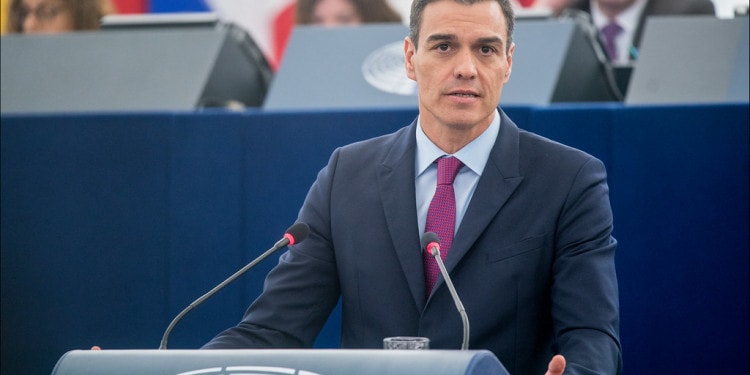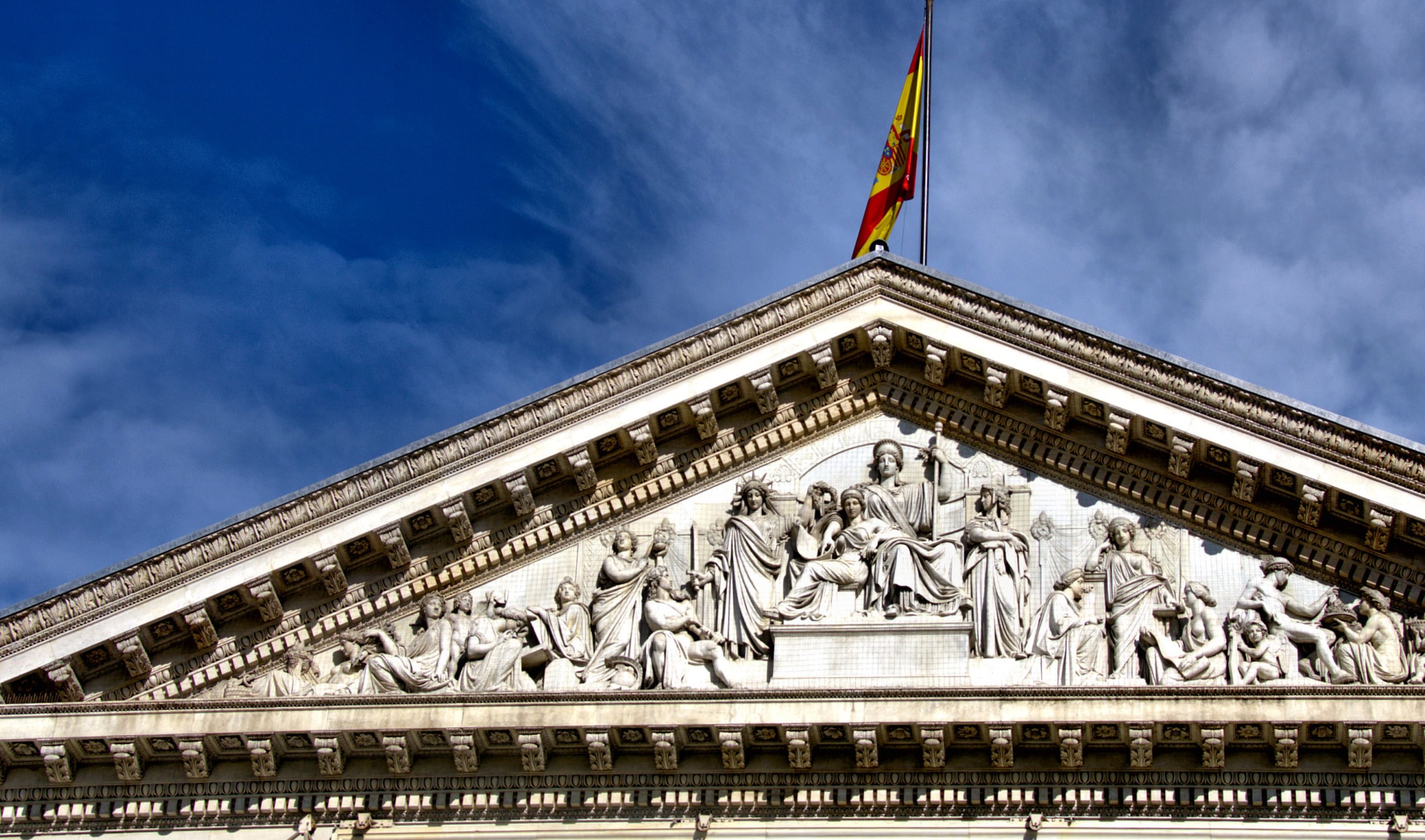Elections in Spain on Sunday 28 April gave a big win to the PSOE, the Socialists led by Pedro Sanchez, while Vox, the extreme right populist party barely made it in Parliament with 10 percent of the vote. The situation in Spain, a major EU member, is closely watched as it is considered by many observers a forerunner of the European Parliament elections.
Socialists and Podemos win elections in Spain but forming a government now becomes a puzzle. In fact neither the united leftists nor the two center-right parties (not even adding Vox) reach the 176 seats needed to govern.
Pedro Sanchez, 47 years old, communicative, radiant, attractive, won the electorate guaranteeing himself the possibility of succeeding himself in the job of prime minister. Personal qualities are combined with essential political features: a marked progressive profile and the ability to dialogue with anyone, including the separatist Catalan parties. With everyone in fact, except with the right-wing Popular Party (PP).
Sanchez managed to win the elections thanks to a quality that is difficult to find in politics: consistency. In October 2016, he had in fact resigned as secretary of the Socialists, following the agreement that the PSOE had stipulated with right-wing Mariano Rajoy’s Popular Party (PP) to guarantee the formation of a government led by the then PP leader.
It looked like the beginning of the end of a young star of Spanish politics: Instead, it was the winning move, the moment of rebirth.
Sanchez, in the subsequent socialist primaries of May 2017, clearly defeated his opponent, Susana Diaz, overcoming the aversion of the party’s establishment. He obtained 49% of the votes (against 40% of Diaz), a total investiture which gave new vigor to his image and therefore to his actions.
In the following months, Sanchez’s climb to the Moncloa, seat of the government’s presidency in Madrid, continued when he presented a no-confidence motion to his historical adversary, Mariano Rajoy. The Popular Party, overwhelmed by a court sentence over a corruption scandal, suffered a major blow. And on June 1, the Chamber supported the motion against the prime minister, making the appointment of Sanchez as prime minister automatic. He remained in power until the government crisis on the budget law which led the country to the elections of April 28th.
Sanchez’s program
Sanchez led the socialists to victory with a clear project: Placing the party on the left, but a modern left capable of renewing itself. In this way, he has stopped his ally-competitor Unidos Podemos led by the Iglesias-Montero couple, from overtaking him.
The shift towards more progressive positions has indeed opened up dialogue, and therefore an understanding, with Podemos, the party born to challenge the PSOE from the left as well as the entire ruling class. Last year’s maneuver, in fact, focused on the minimum wage and a wealth tax on the richest.
But what does Sanchez’s program include exactly? Many things, all of them demanding: rights for women with an obvious feminist accent in a country that is not exactly open in this respect; an increase in the right of workers with a reform of current policies and combating precariousness; the fight against corruption and tax evasion, a social plague in Spain.
And again: The environment, with a push to the Green New Deal for energy transition; the reform of public health, through the use of technological systems to guarantee a better service; management of migratory flows through European-wide measures to provide an adequate reception to refugees from countries at war. And, last but not least, the resolution of the Catalonia separatist issue.
In short, a broad, attractive program, but with the numbers to form a majority that are still unknown. Yet Sanchez is a rare, if not unique, case in this historical phase, of a politician unafraid to maintain a pro-European approach.







